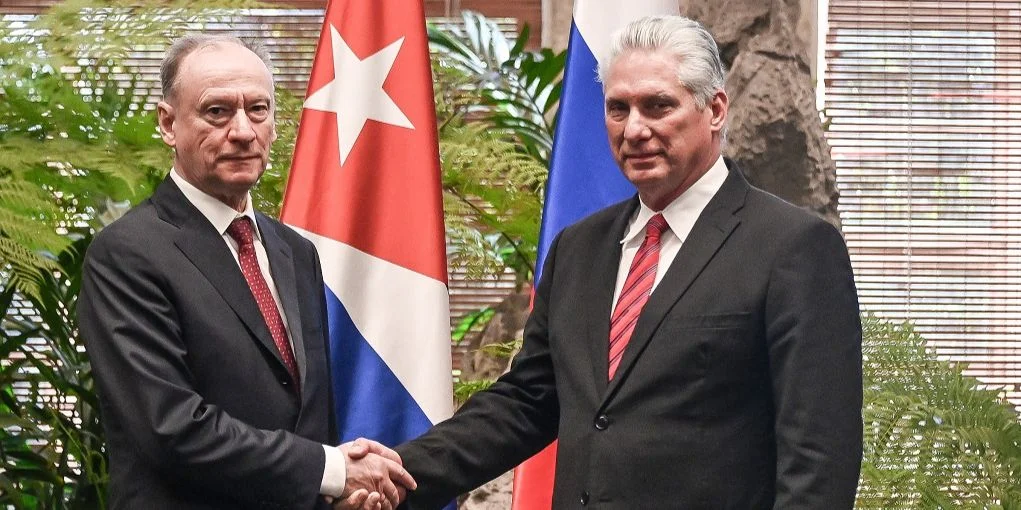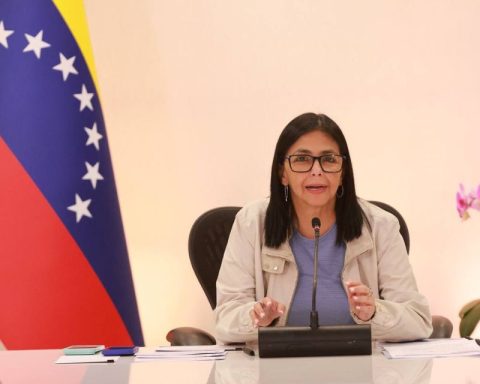MIAMI, United States. – US authorities expressed “concern” about the strengthening of relations between the Cuban regime and the autocratic powers of Russia and China, after the recent summit of the BRICS, a bloc of countries that seeks to challenge Western dominance in the political and economic landscape. global.
“We remain concerned about the activities of Russia and the People’s Republic of China with Cuba, and we continue to take measures to counter them,” said a State Department spokesperson in statements to Martí News.
The Island was recognized last week as a partner of the BRICS forum during a meeting in the Russian city of Kazan, along with other countries such as Algeria, Bolivia, Thailand and Uzbekistan. This block of emerging economies began as BRIC, formed by Brazil, Russia, India and China, and later, in 2010, South Africa joined.
American media such as the newspaper Wall Street Journal have reported increasing closeness between Cuba, China and Russia. The newspaper even claimed months ago that Chinese military bases were being built on the island and that Russian spies were operating in Cuban territory with the aim of monitoring US military activities in the region.
“We remain confident that we can meet all of our security commitments in our country and in the region,” declared the State Department spokesperson, reiterating Washington’s position in the face of growing tensions and the need to protect American interests in the face of possible influence of external actors such as Russia and China.
However, the representative of the US Foreign Ministry emphasized that the Cuban Government has the right to “choose the countries or groups with which it wishes to be associated,” although these alliances raise concern in Washington.
In the midst of this diplomatic tension, the American spokesperson took the opportunity to clarify some statements made by the Minister of Foreign Affairs of the Cuban regime, Bruno Rodríguez Parrilladuring his visit to Russia. The Cuban Foreign Minister had attributed the recent blackouts on the Island to the US embargo, stating that “in a single year, the US had detained 53 ships and 27 companies that sought to supply Cuba’s electrical system.”
However, the State Department responded that “the United States is not to blame for the overall energy situation in Cuba” and assured that “it does not block ships heading to Cuba.” Likewise, he recalled that the embargo is a law that prohibits American companies from doing business with the Island, but does not prevent trade with third countries.
“As we have seen in recent years, Cuba’s economic conditions, derived from long-term mismanagement of its economic policy and resources, have increased the difficulties of the Cuban people,” said the State Department spokesperson. The Island is going through its worst economic crisis in six decades due to the inefficient Soviet-style policies that the regime has implemented and the collapse of its electrical energy system.


















